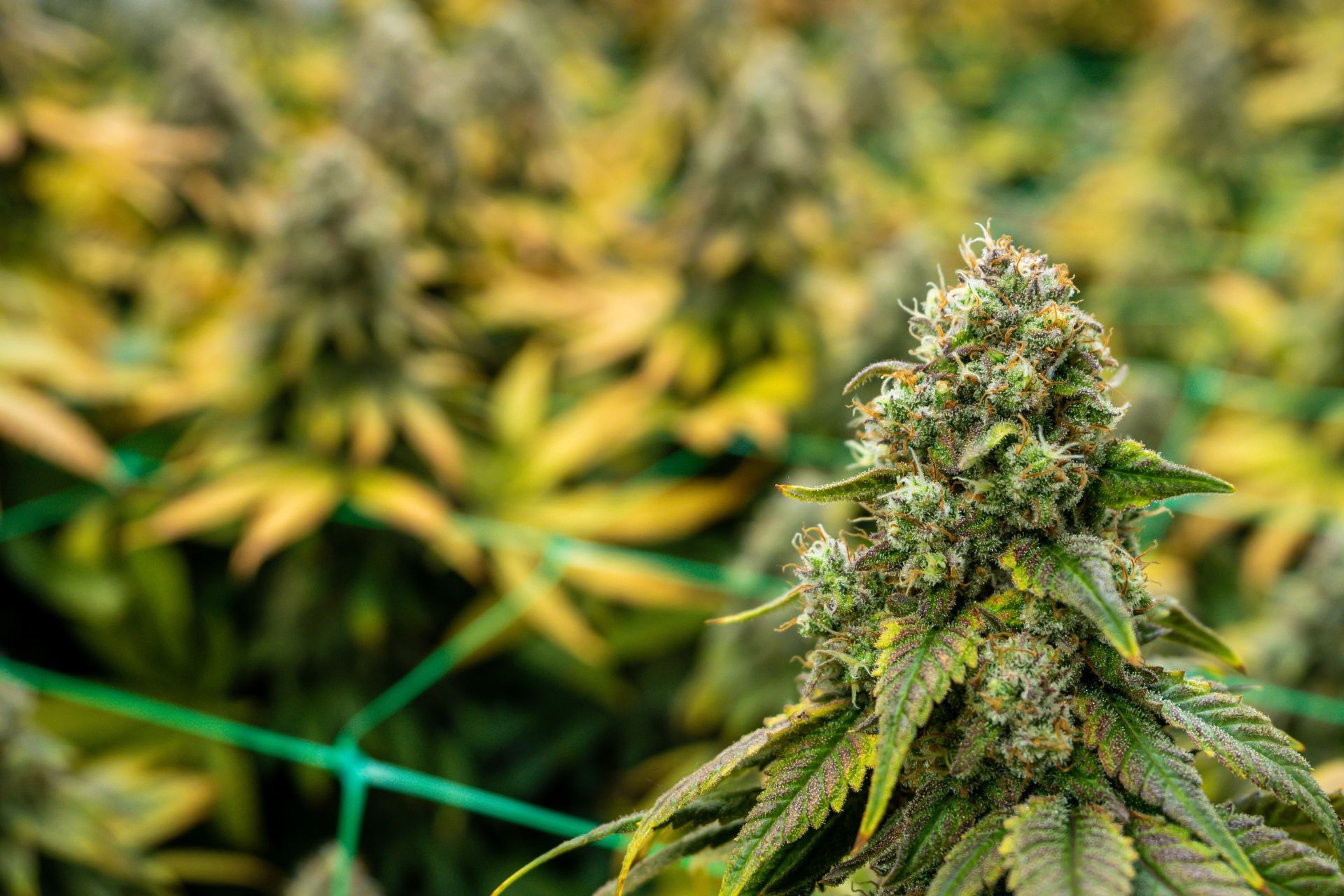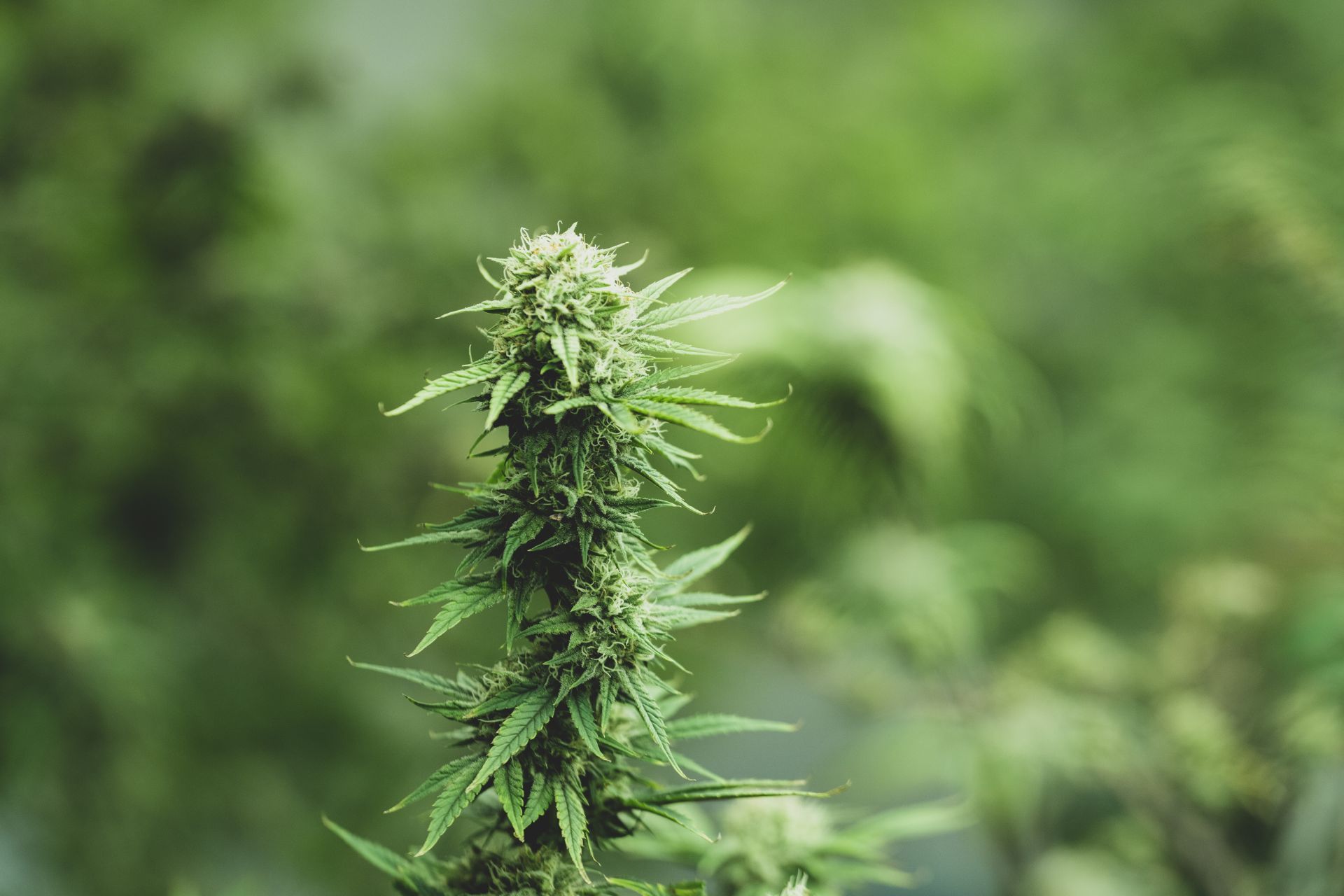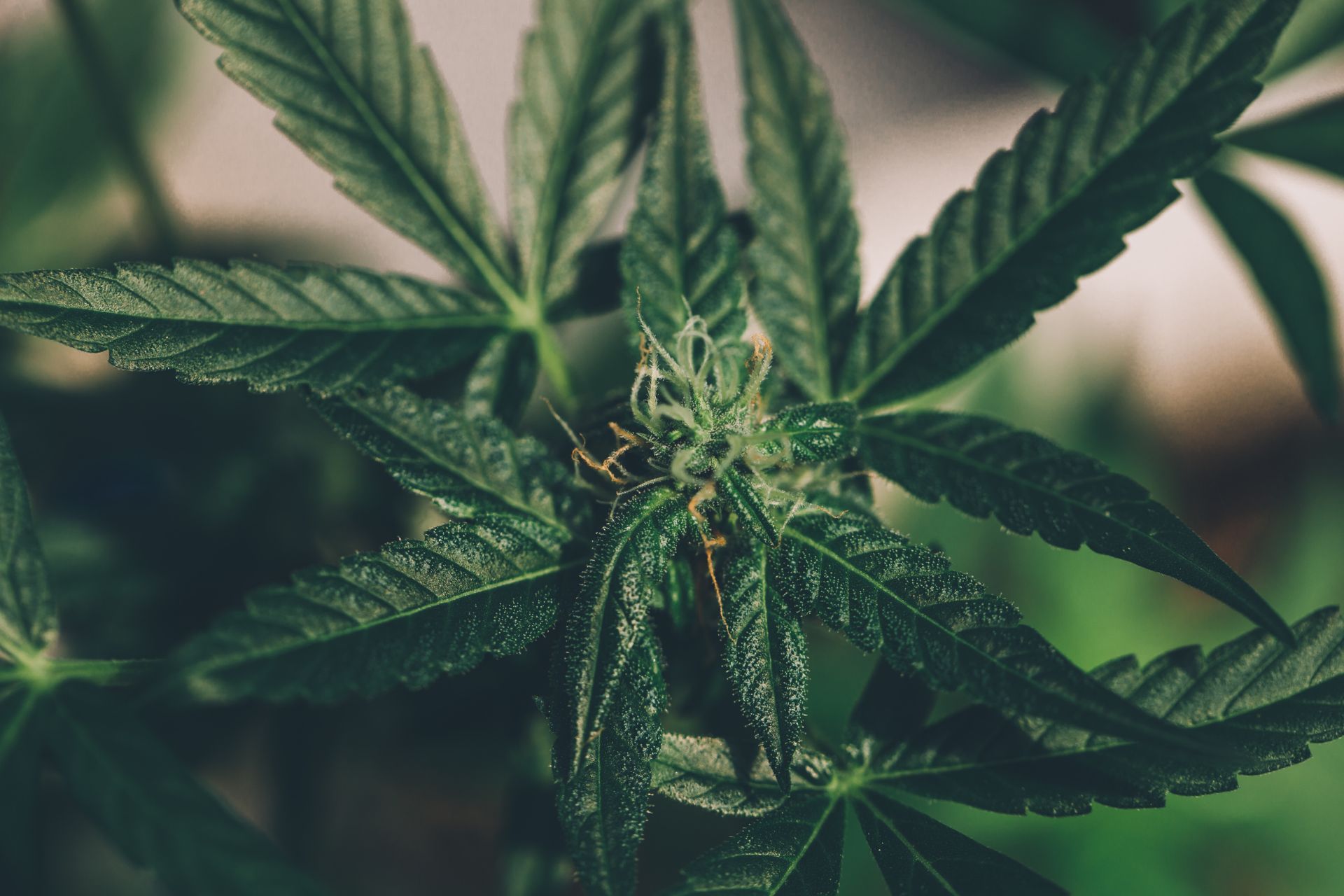Cannabis Consumer Lounge: Unique Insurance and Risk Considerations
See How We're Different
or call us: (215) 653-8411
Recent data shows that about 75% of cannabis industry businesses feel their insurance coverage falls short of adequately protecting them from profit-threatening risks. This gap leaves many vulnerable to financial setbacks that could derail operations entirely [mgmagazine.com]. Let’s explore what makes insurance for cannabis consumer lounges so unique and how operators can navigate this challenging landscape.
High Insurance Costs and Limited Carrier Participation
Insurance premiums for cannabis businesses have surged dramatically in recent years. In 2025 alone, premiums jumped by 40%, with property insurance for indoor grows increasing between 25% and 40%. Commercial auto insurance for cannabis fleets has doubled or even tripled compared to the previous year [covercannabis.com]. For consumer lounges, this translates into significantly higher operating costs just to maintain basic coverage.
One major reason for these rising costs is the limited number of insurers willing to underwrite cannabis businesses. John Crist, founder of Prestizia Insurance, explains that the cannabis insurance market remains restricted due to the high-risk perception and regulatory complexities surrounding the industry [medium.com]. Many insurers shy away from cannabis risks because federal regulations create an uncertain legal environment. This scarcity of carriers leads to less competition and higher premiums.
Cash-Only Operations and Banking Restrictions
Most cannabis businesses operate as cash-only entities due to federal banking restrictions. The National Association of Insurance Commissioners reports that around 70% of cannabis-related businesses do not have access to traditional banking services [content.naic.org]. This creates a ripple effect on insurance and risk management.
Because of these constraints, cannabis lounges must implement rigorous internal controls and security measures. Insurers will often require evidence of strong loss prevention protocols before offering coverage. This means investing in surveillance systems, secure cash handling procedures, and employee training to reduce the risk of costly claims.
Liability Risks from On-Site Consumption
Allowing customers to consume cannabis products on-site introduces significant liability exposures. Intoxication liability is a growing concern, especially as low-dose THC drinks and other infused products become more widely available outside traditional dispensaries. Norman Ives, a life sciences specialist with Amwins Brokerage, highlights the proliferation of these products and the resulting increase in intoxication liability risks [insurancebusinessmag.com].
Marketing and Underage Access Concerns
Another liability aspect involves marketing and proximity to youth-oriented facilities. A surveillance study found that about 10% of cannabis retailers are located within two blocks of places frequented by young people, raising concerns about underage access and advertising strategies [pmc.ncbi.nlm.nih.gov]. Although lounges are often subject to strict advertising restrictions, their location and promotional activities must be carefully managed to avoid regulatory scrutiny and reputational damage. This includes not only the content of advertisements but also the placement of signage and the overall aesthetic of the establishment, which should not appeal to minors.
Health Risks and Product Liability
Cannabis consumer lounges face unique product liability exposures. Beyond standard concerns about product quality and safety, lounges must consider emerging health risks associated with cannabis use. A 2025 review highlighted increased cardiovascular risks among cannabis users, including higher chances of acute coronary syndrome, stroke, and more than double the risk of cardiovascular death [theclm.org].
Given the evolving scientific understanding of cannabis health impacts, lounges should maintain strict quality control standards and work closely with suppliers who adhere to rigorous testing protocols. Documentation of product sourcing and safety can be critical in defending against liability claims.
Market Consolidation and Insurance Capacity Limits
The cannabis insurance market is undergoing consolidation, which affects coverage availability and pricing. A 2025 industry report noted that consolidation is shifting power dynamics, leading to thinner margins and reinsurers limiting the capacity they provide for cannabis risks [jencapgroup.com].
Insurance Coverage Comparison for Cannabis Consumer Lounges
| Coverage Type | Typical Scope | Unique Considerations for Cannabis Lounges |
|---|---|---|
| General Liability | Covers bodily injury, property damage, and personal injury claims | Must include endorsements for cannabis-related risks and intoxication liability |
| Property Insurance | Protects physical assets like buildings, equipment, and inventory | Higher premiums due to indoor grows and cannabis-specific risks |
| Product Liability | Covers claims from defective or harmful products | Essential for lounges serving cannabis products; includes contamination and health risk coverage |
| Commercial Auto | Covers vehicles used in business operations | Premiums can double or triple for cannabis fleets; relevant if lounges operate delivery vehicles |
| Crime Insurance | Protects against theft, fraud, and employee dishonesty | Critical for cash-heavy operations due to banking restrictions |
What Cannabis Lounge Operators Should Prioritize
- Regulatory Compliance: Stay current with local, state, and federal cannabis laws. Non-compliance can lead to license loss and insurance denial.
- Security Measures: Implement strong cash handling and physical security protocols to reduce theft and fraud risks.
- Staff Training: Educate employees on responsible service, intoxication signs, and emergency procedures.
- Product Quality Assurance: Source from reputable suppliers and maintain documentation to defend against product liability claims.
- Location and Marketing: Avoid proximity to youth-oriented facilities and ensure marketing complies with advertising restrictions.
Frequently Asked Questions
Q: Why are insurance premiums so high for cannabis consumer lounges?
Q: Can cannabis lounges get standard commercial insurance policies?
Q: How does operating as a cash-only business affect insurance?
Q: What liability risks come with on-site cannabis consumption?
Q: Are there health risks that lounges should be aware of?
Q: How can lounges improve their chances of getting insurance?
Q: What should lounges consider when choosing an insurance broker?

Article By: Deb Sculli
Cannabis Insurance Specialist




